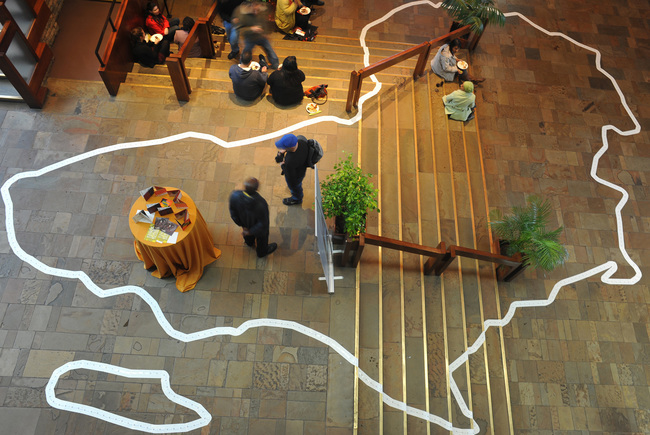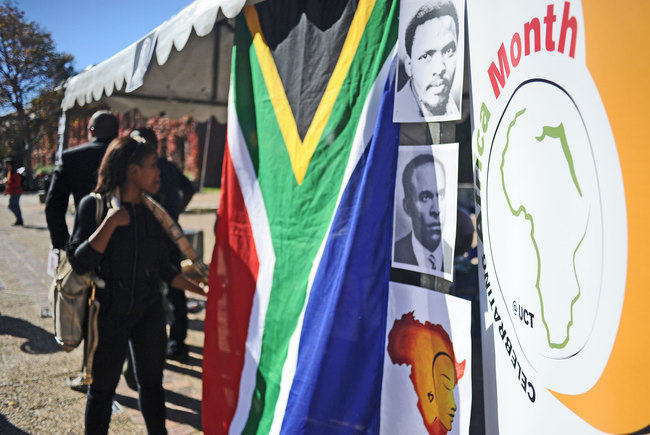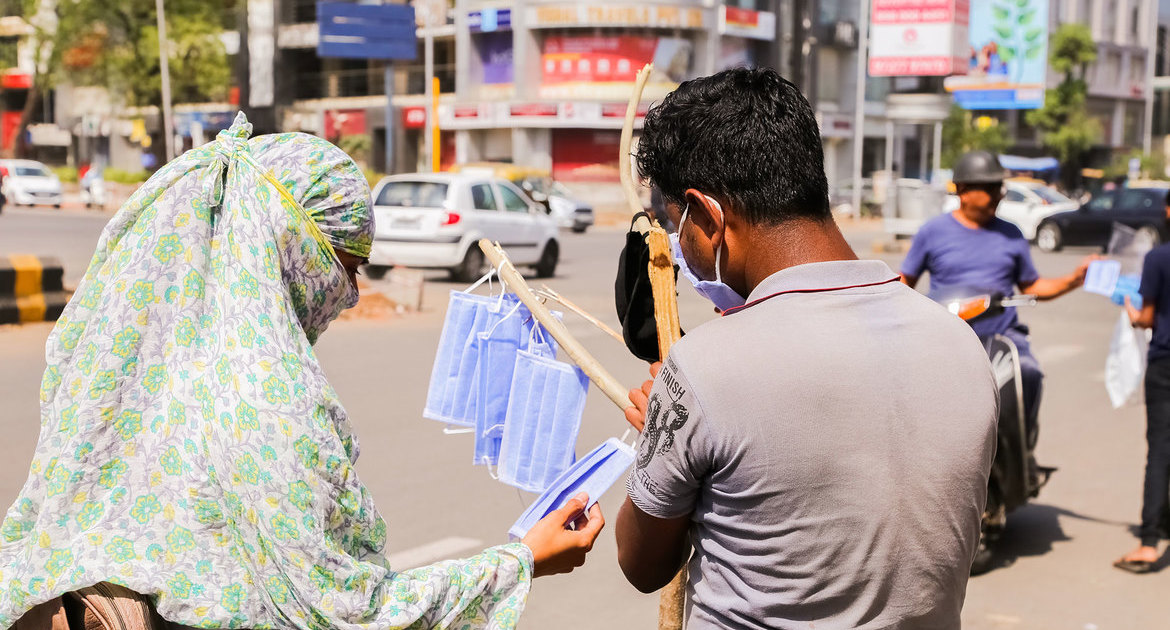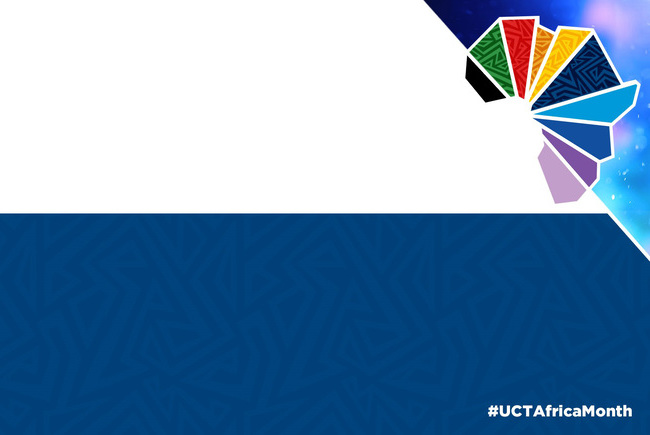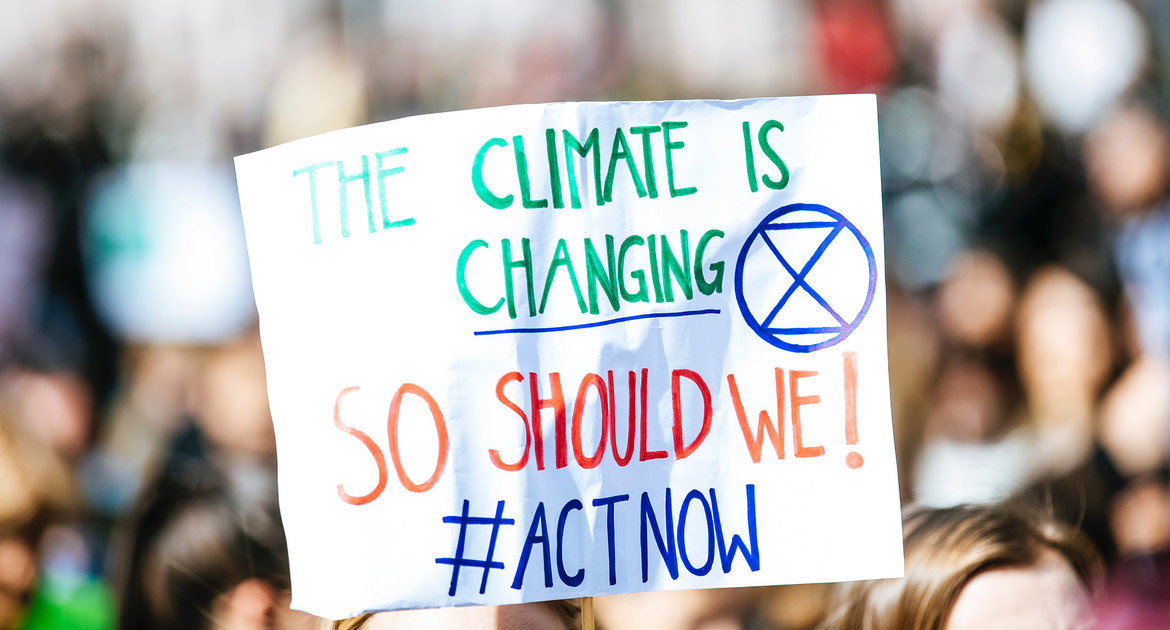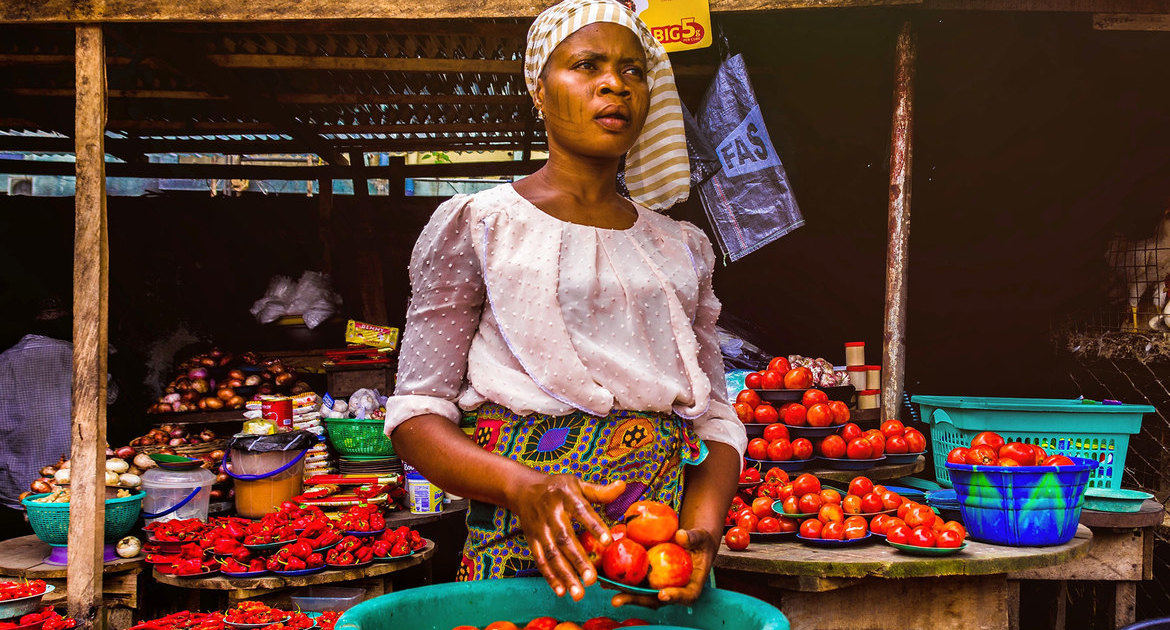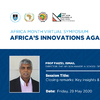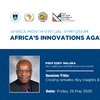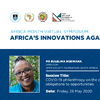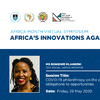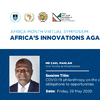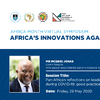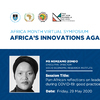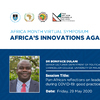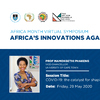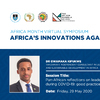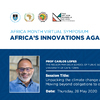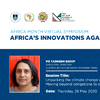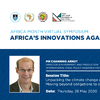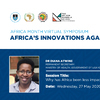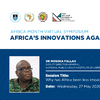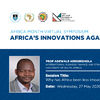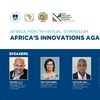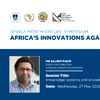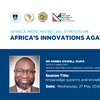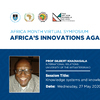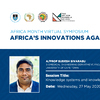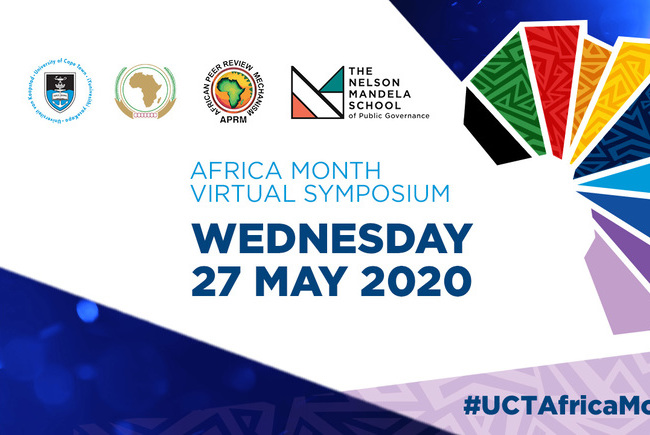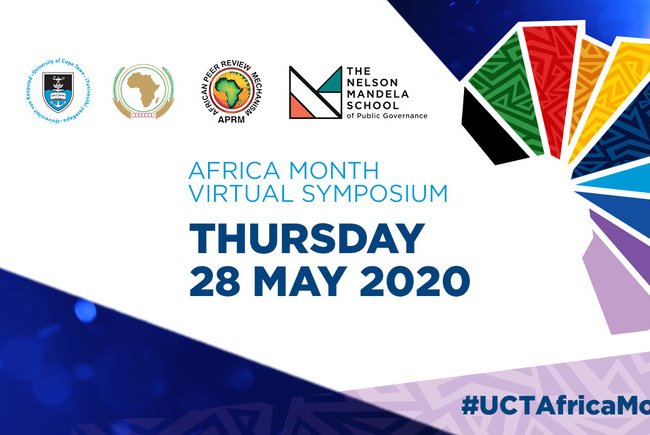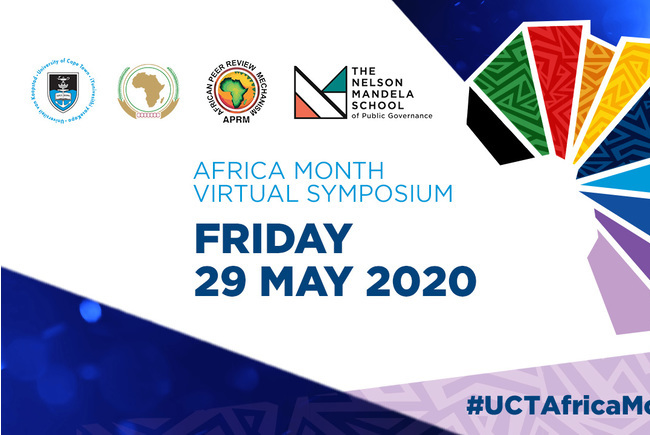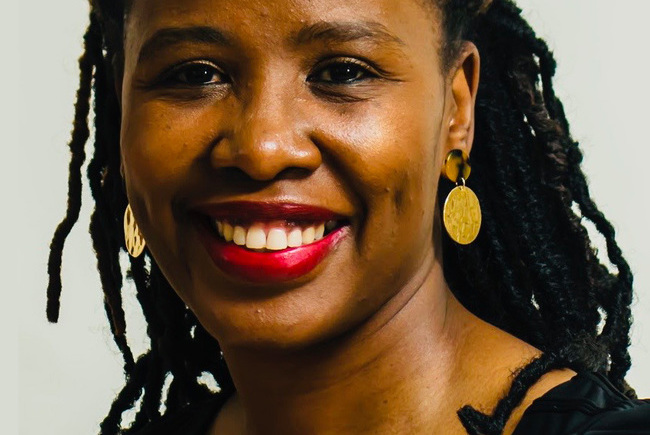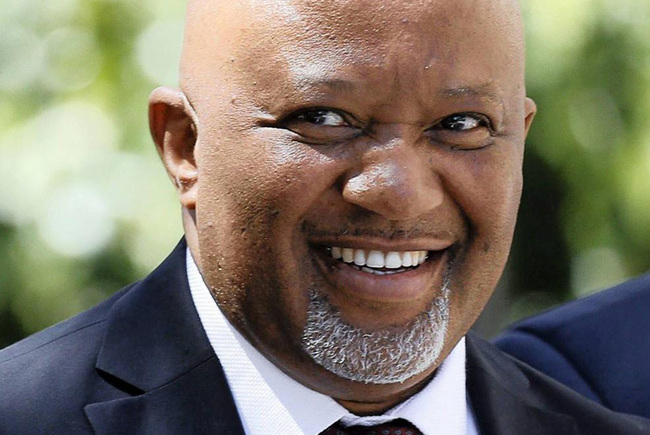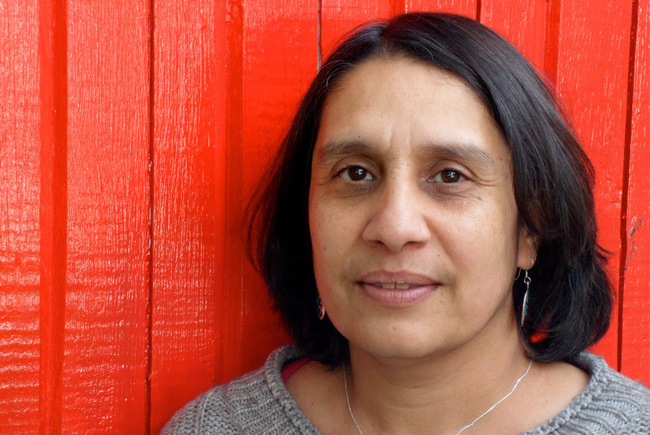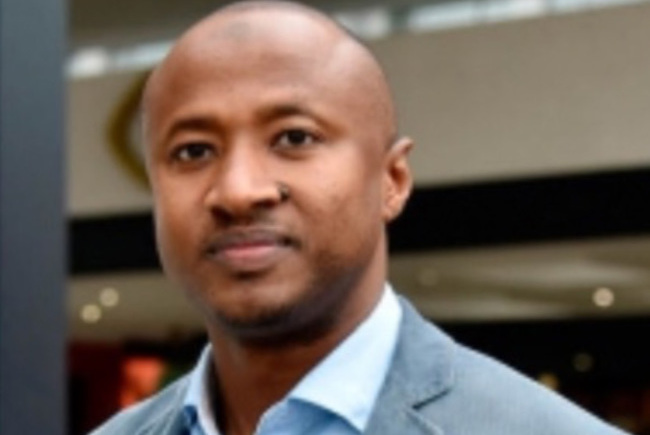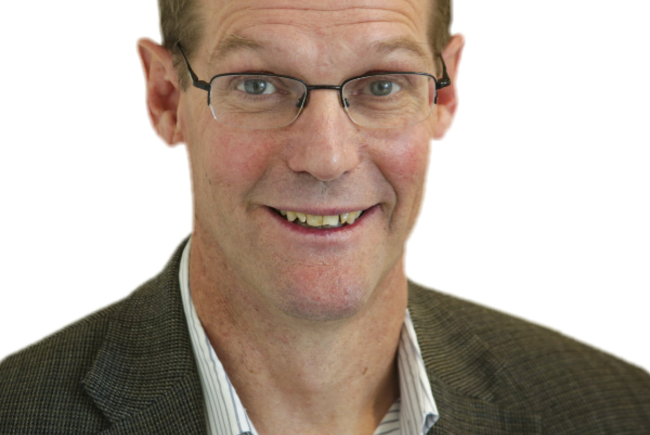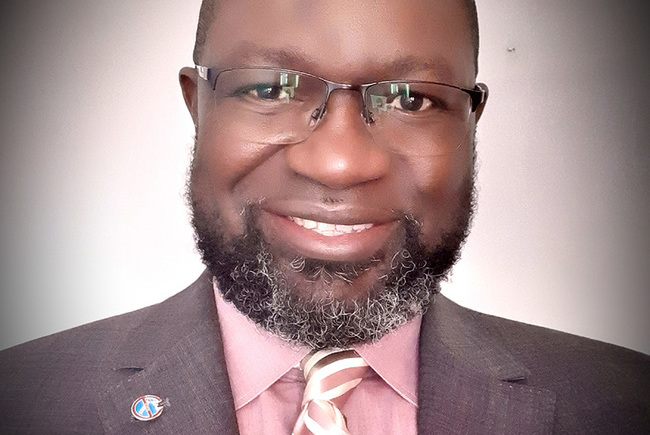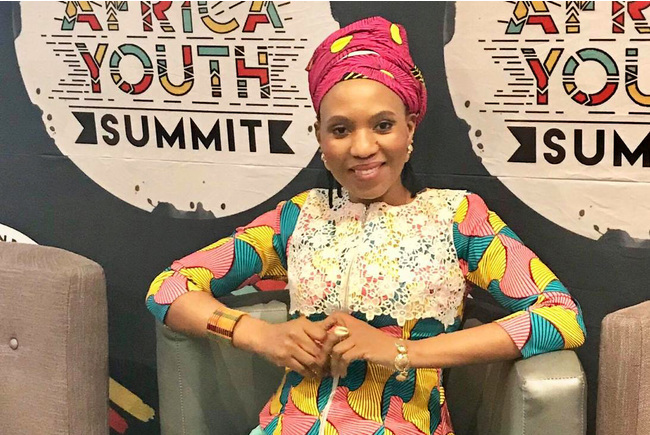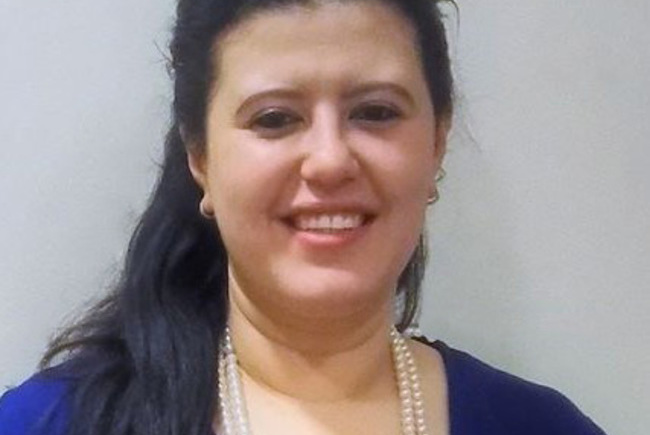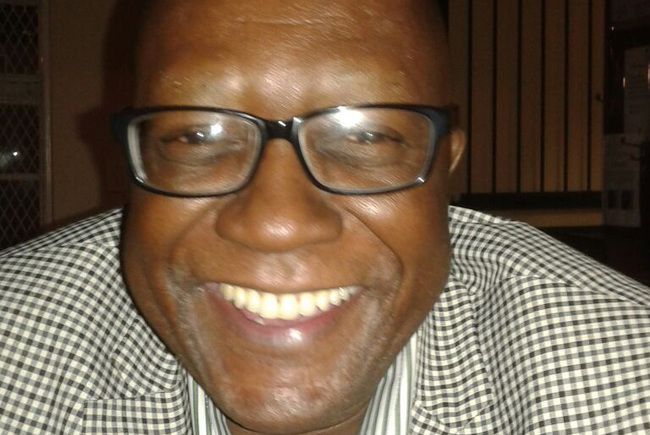Dr Mosoka Fallah
21 May 2020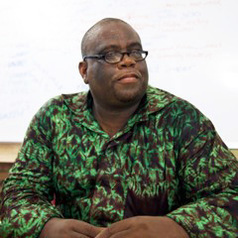
Dr Mosoka P Fallah heads the National Public Health Institute of Liberia (NPHIL) that was enacted by an Act of Legislature and approved by the then President, Her Excellency Madam Ellen Johnson-Sirleaf in 2017.
NPHIL was developed as a consequence of the 2014/2015 Ebola outbreak resulted in 11 400 infections and 4 600 deaths in Liberia alone. As a key lesson from the Ebola, NPHIL has been dedicated to protecting Liberia from Public Health threats since its inception and has been on the fore front of the COVID-19 response.
Dr Fallah completed his PhD in Immunology at the University of Kentucky. He subsequently studied Global Health, with a concentration in Infectious Disease Epidemiology, at the Harvard Chan School of Public Health. Upon graduation in 2013, he returned to Liberia to focus on maternal and child health in a country that was ravaged by civil war and that was trying to rebuild its health system. When the Ebola outbreak occurred, he leveraged his skills in epidemiology and program management to lead the Ebola response, launching an active case finding system that became a recognized model for epidemic control. For his work building community-level trust in the Ebola response, Dr Fallah was named a Time Magazine Persons of the Year in 2014.
Less than 20 months after his native Liberia was declared free of the devastating Ebola virus, Dr Fallah cofounded the National Public Health Institute of Liberia (NPHIL) with Tolbert Nyenswah, who became the first Director General. Dr Fallah was appointed as the first Deputy Director General for Technical Services. In this capacity, he oversaw the Divisions of Infectious Disease Epidemiology, National Public Health Laboratory, Medical and Public Health Research, Training and Capacity Building, and Environmental and Occupational Health, among other technical units. Upon the resignation of the Founding Director General, Dr Fallah was appointed by His Excellency President George Weah to serve as Director General.
In addition, Dr Fallah is currently the Principal Investigator in Liberia of several NIH-sponsored studies on Ebola, including a natural history study of the largest cohort of Ebola survivors in the world. These studies are part of the PREVAIL initiative, which he worked extensively with the Ministry of Health of Liberia, medical centers and other nonprofit organizations to jump start. In addition, Dr Fallah serves as a part-time faculty member at Harvard Medical School’s Department of Social Medicine. He is also the Founder and Executive Director of Refuge Place International, an internationally recognized maternal and child clinic in the Chicken Soup Factory slum community of Monrovia. In June of 2019, he visited the Democratic Republic of Congo, as a part of a team of local NGO and York University in Canada, to evaluate and advise on the Ebola response.
He has a long history with the University of Liberia, where he previously served as Chairman of the Department of Biochemistry at the A.M. Dogliotti College of Medicine. In collaboration with stakeholders at the University of Kentucky, USAID, the US Embassy, and other organizations, he contributed to the development of the first Master of Public Health (MPH) program in the history of the University of Liberia. The program currently has 120 students and is projected to fill critical gaps in the health workforce. In total, Dr Fallah’s extensive experience includes more than ten years’ experience in development work with consultancies to the United States Agency for International Development (USAID), Chemonics, the President’s Malaria Initiative (PMI), the World Health Organization, the United Nations Development Program (UNDP), Doctors without Borders, and Action Against Hunger.
He has won several prestigious awards including being one of the Time Person of the year in 2014 for his work with Ebola, Quartz, Builders of Africa Future, USAID Health Persona and Development Person of the Year.
 This work is licensed under a Creative Commons Attribution-NoDerivatives 4.0 International License.
This work is licensed under a Creative Commons Attribution-NoDerivatives 4.0 International License.
Please view the republishing articles page for more information.
Africa Month at UCT
During the month of May we commemorate the establishment, in 1963, of the Organisation of African Unity – a precursor to the African Union – which made Africa a pioneer in continental unity and nation building. As a celebration of this moment, UCT will be participating in a series of virtual symposiums on “Africa’s innovations in the global fight against the COVID-19 pandemic” to discuss pertinent governance and developmental issues in Africa, towards the formulation of policy recommendations. The university also curated responses from across the university community about what it is that makes us African, and how this informs what we do.
Africa Day, 25 May 2020
UCT Africa Month Virtual Symposium Series
Day 1: Wednesday, 27 May 2020
Opening remarks and Session 1: Knowledge systems and knowledge production on the continent
Session 2: Why has Africa been less impacted? Best practice examples in Africa
Day 2: Thursday, 28 May 2020
Session 3: Unpacking the climate change and development nexus in Africa: Moving beyond obligations to opportunities
Day 3: Friday, 29 May 2020
VC’s Introduction and Session 4: Pan-African reflections on leadership and good governance during COVID-19: Good practice, challenges and opportunities
Session 5: COVID-19 philanthropy on the continent and Closing: Key insights and practical implications
Audio
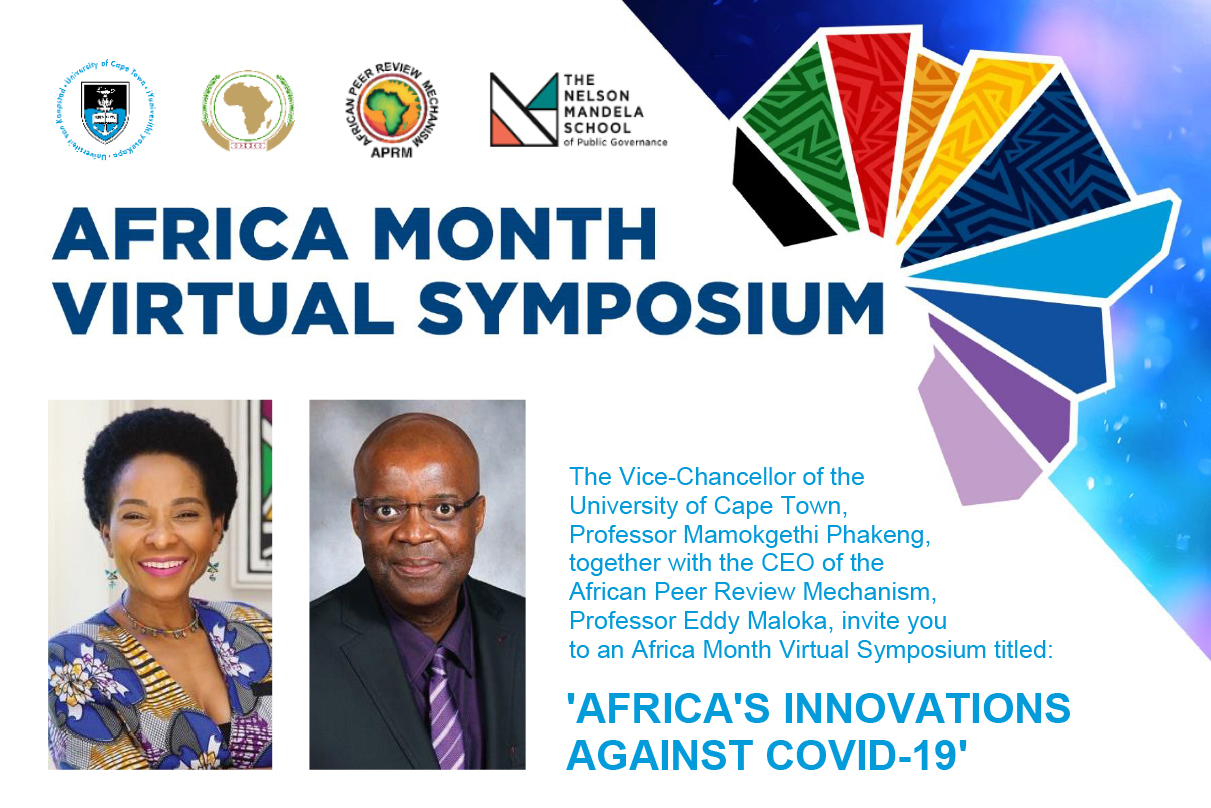
UCT wishes to acknowledge the generous event sponsorship received from Standard Bank for the UCT Africa Month Virtual Symposium Series.
- Knowledge systems and knowledge production on the Continent
- Why has Africa been less impacted by COVID 19?
- Unpacking the climate change and development nexus in Africa: Moving beyond obligations to opportunities
- Pan African reflections on leadership and good governance during COVID 19: good practice, challenges and opportunities
- COVID 19 philanthropy in Africa








